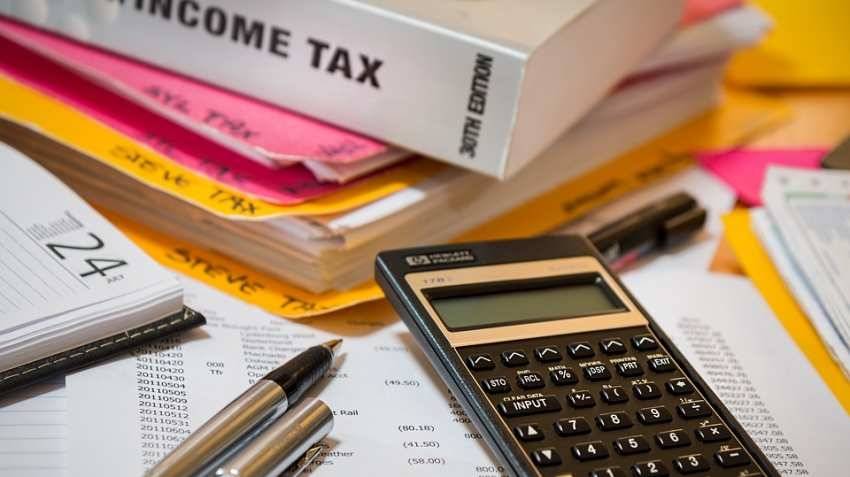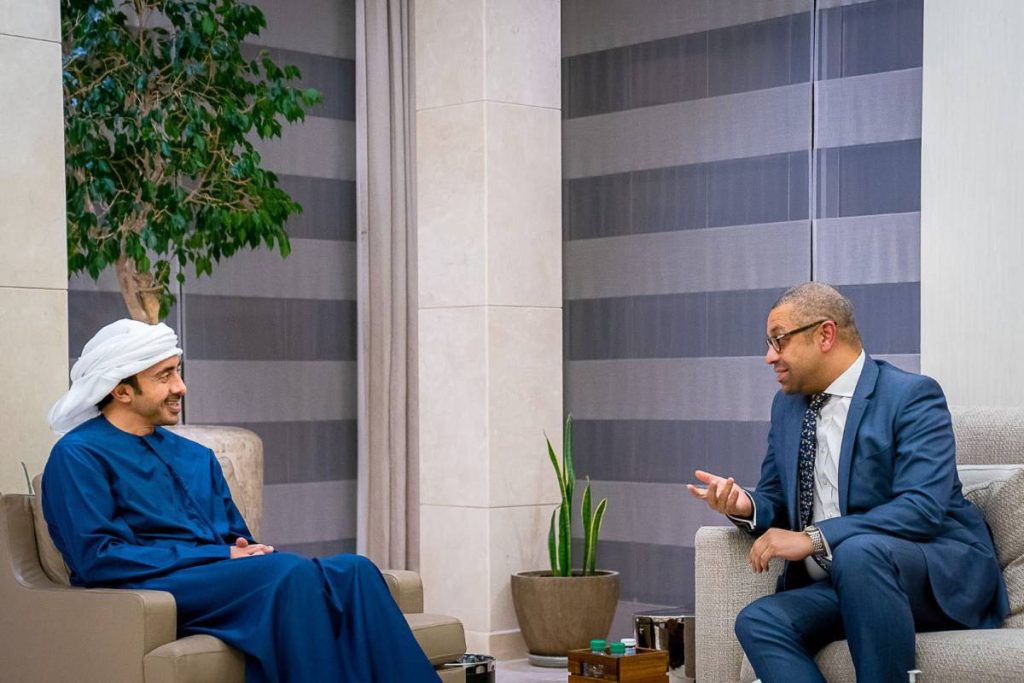With a standard statutory tax rate of 9 percent and a 0 percent tax rate for taxable profits up to AED375,000 to support small businesses and startups, the UAE corporate tax regime will be amongst the most competitive in the world, reports Asian Lite Newsdesk
The Ministry of Finance has announced that the UAE will introduce a federal corporate tax on business profits that will be effective for financial years starting on or after 1st June 2023. Businesses will become subject to UAE corporate tax from the beginning of their first financial year that starts on or after 1st June 2023.
The UAE corporate tax regime has been designed to incorporate best practices globally and minimise the compliance burden on businesses. Corporate tax will be payable on the profits of UAE businesses as reported in their financial statements prepared in accordance with internationally acceptable accounting standards, with minimal exceptions and adjustments. The corporate tax will apply to all businesses and commercial activities alike, except for the extraction of natural resources which will remain subject to Emirate level corporate taxation.
With a standard statutory tax rate of 9 percent and a 0 percent tax rate for taxable profits up to AED375,000 to support small businesses and startups, the UAE corporate tax regime will be amongst the most competitive in the world.
No corporate tax will apply on personal income from employment, real estate and other investments, or on any other income earned by individuals that does not arise from a business or other form of commercial activity licensed or otherwise permitted to be undertaken in the UAE.
“As a leading jurisdiction for innovation and investment, the UAE plays a pivotal role in helping businesses grow, locally and globally. The certainty of a competitive and best in class corporate tax regime, together with the UAE’s extensive double tax treaty network, will cement the UAE’s position as a world-leading hub for business and investment”, said Younis Haji Al Khoori, Undersecretary of the Ministry of Finance.
Younis Haji Al Khoori further adds that “with the introduction of corporate tax, the UAE reaffirms its commitment to meeting international standards for tax transparency and preventing harmful tax practices. The regime will pave the way for the UAE to address the challenges arising from the digitalisation of the global economy and the other remaining BEPS [Base Erosion and Profit Shifting] concerns, and execute its support for the introduction of a global minimum tax rate by applying a different corporate tax rate to large multinationals that meet specific criteria set with reference to the above initiative.”
Recognising the contribution of free zones to the UAE’s economy and competitiveness, the UAE corporate tax regime will continue to honour the corporate tax incentives currently being offered to free zone businesses that comply with all regulatory requirements and that do not conduct business with mainland UAE.
Given the position of the UAE as a global financial centre and an international business hub, the UAE will not impose withholding taxes on domestic and cross border payments, or subject foreign investors who do not carry on business in the UAE to corporate tax.
As an international headquarter location, a UAE business will be exempt from paying tax on capital gains and dividends received from its qualifying shareholdings, and foreign taxes will be allowed to be credited against UAE corporate tax payable.
ALSO READ: Israel, UAE okay new hi-tech R&D fund
The UAE corporate tax regime will have generous loss utilisation rules and will allow UAE groups to be taxed as a single entity or to apply group relief in respect of losses and intragroup transactions and restructurings.
The UAE corporate tax regime will ensure the compliance burden is kept to a minimum for businesses that prepare and maintain adequate financial statements. Businesses will only need to file one corporate tax return each financial year and will not be required to make advance tax payments or prepare provisional tax returns. Transfer pricing and documentation requirements will apply to UAE businesses with reference to the OECD Transfer Pricing Guidelines.
“The introduction of a corporate tax regime will help the UAE achieve its strategic ambitions and incentivise businesses to establish and expand their activities in the UAE,” said Younis Haji Al Khoori.
UAE businesses will be given ample time to prepare for the introduction of corporate tax in the UAE. The UAE Ministry of Finance plans to issue further information on the UAE corporate tax regime toward the middle of the year to help businesses get ready and be fully compliant.













